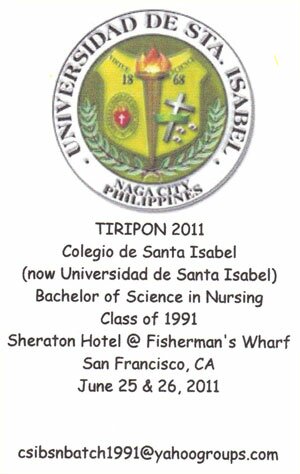Vatican Did Not Tell Bishops to Cover Up Abuse Cases, Spokesman Says
VATICAN, Jan. 19, 2011 (CNS) -- A Vatican official downplayed a 1997 Vatican letter to Irish bishops about handling cases of clerical sex abuse, saying the letter did not tell bishops to keep the cases secret from the police.
Jesuit Father Federico Lombardi, the Vatican spokesman, said the letter aimed at ensuring the bishops fully followed church law for dealing with accusations in order to avoid a situation in which an abusive priest could return to ministry on the technicality of his bishop mishandling the process.
The letter, brought to public attention Jan. 17 by Ireland's RTE television and published by the Associated Press, was written by Archbishop Luciano Storero, then-nuncio to Ireland. The letter summarized the concerns of the Congregation for Clergy regarding proposed Irish norms for dealing with the sex abuse crisis.
Archbishop Storero said that according to the congregation, "the situation of 'mandatory reporting' gives rise to serious reservations of both a moral and a canonical nature."
Father Lombardi said, "One must note that the letter in no way says that the country's laws must not be followed."
He told Catholic News Service Jan. 19 that the Vatican "does not have a universal, specific position on mandatory reporting because the laws and situations are so different from country to country."
However, he said, the Vatican has made it clear to bishops that in their policies for dealing with abuse accusations and in concrete situations "they must respect the laws of their country," including when those laws require the church to report accusations to police or the courts.
Some news reports and some groups of sex abuse victims have pointed to the 1997 letter as evidence that the Vatican directly orchestrated the response of bishops' conferences to the sex abuse crisis and that even in the late 1990s, not everyone at the Vatican was convinced that abusers should be turned over to the police.
Father Lombardi objected to the letter being presented as some kind of "proof" that the Vatican wanted to cover up cases of abuse.
Instead, he said, the letter demonstrates the seriousness with which the Vatican was taking the need to formulate and adopt comprehensive norms that could respond to the crisis, which already was affecting several English-speaking countries.
"The letter rightly insists on the fact that it is important that canon law be respected always, precisely to avoid giving the guilty well-founded reasons for an appeal, therefore obtaining a result contrary to that desired," Father Lombardi said.





